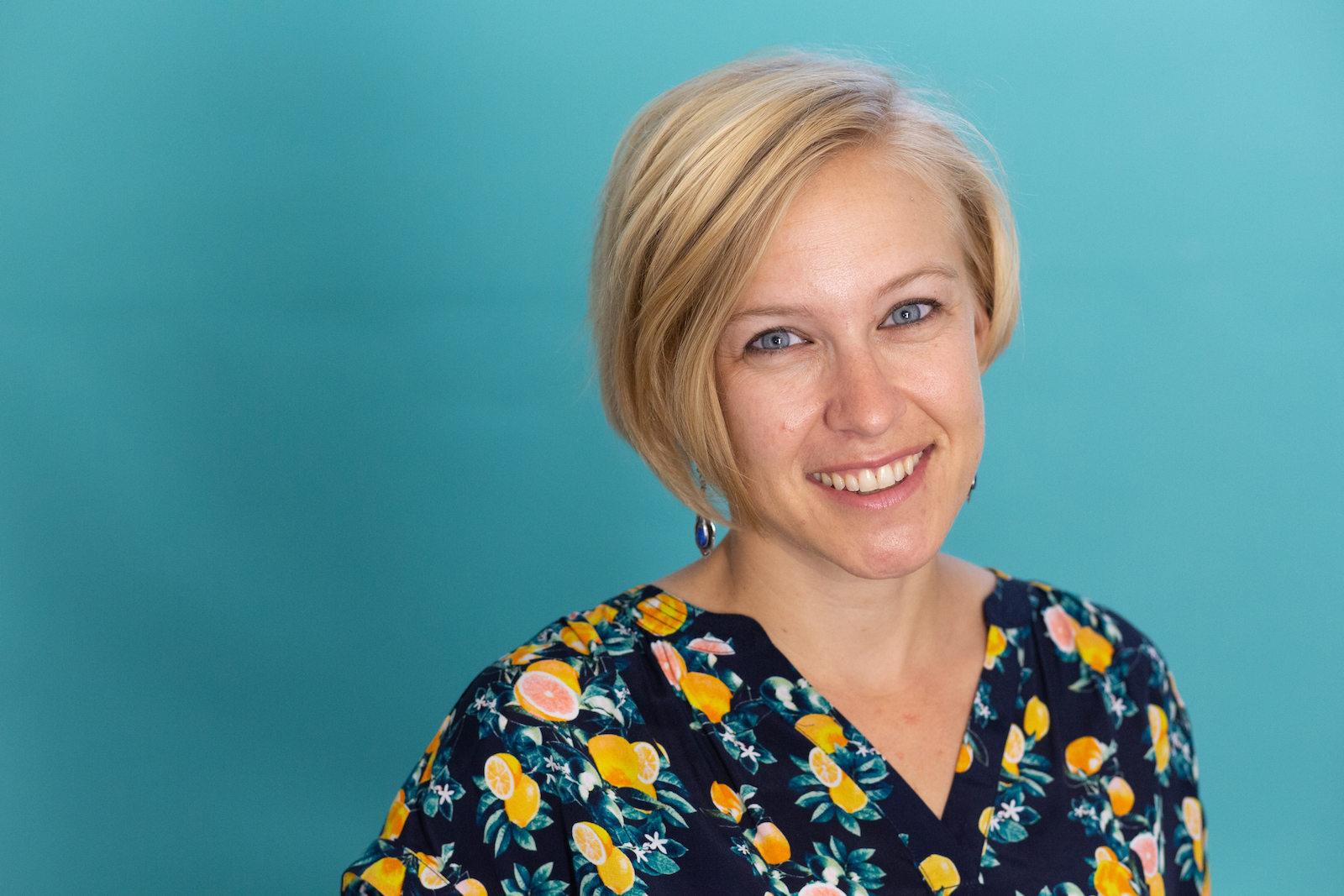
During Women in Translation Month, we want to highlight some of the excellent and often unsung work done by literary translators around the world to bring international stories to the US and other primarily English-speaking countries.
This week, we spoke to Elisabeth Jaquette. As well as being an award-winning translator from Arabic, she is the Executive Director of the American Literary Translators Association (ALTA). She has taught translation and judged translation prizes, too. Her work includes translations of The Queue by Basma Abdel Aziz and The Frightened Ones by Dima Wannous.
“Jaquette’s limpid translation achieves the spare, sterilized quality that medical prose and the communiqués of overbearing states have in common…Dystopia is the putrefaction of utopia; it is the promise of perfection turned sour… The Queue was written before the military coup that put Abdel Fattah al-Sisi in power, but it has proved prophetic.”
Harper’s
Please tell us a little bit about your path to becoming a literary translator.
My path to becoming a literary translator started in Cairo in 2013, where I had lived for five years. I ran a bilingual Arabic-English book club there, and it ended up becoming a book club about translation: our conversations centered on how similar or different the reading experiences were across languages, which books get translated, and so on.
I was finishing up CASA, an intensive Arabic fellowship program, and asked one of my professors for a book recommendation, thinking that I might try my hand at literary translation to see if I enjoyed it. He recommended The Queue, which I read in Arabic and was immediately taken by: I knew I wanted to translate it into English. With the advice of friends and colleagues, and the financial support of an English PEN Translates grant, three years later the book was published by Melville House—and my career started from there.
What is your process for translating a book?
My process for every book has varied, so perhaps different books required different approaches—or perhaps I’m still finding the process that works for me. For example, I read The Queue several times before translating it, while with The Frightened Ones I did the first draft of the translation while reading the novel for the first time.
If there’s one thing that’s consistent, it’s that I go through many, many drafts! The first one is very rough, full of blank spaces where I need to look up a word, notes to myself, and synonyms upon synonyms. Each successive draft gets more polished, until the voice and tone of the book really emerges. And when I’m fiddling over whether to replace “that” with “which,” or removing and re-inserting the same “the,” I know I’ve taken the book as far as I can, and the next step is relying on the English editor’s insights.
I usually correspond with the author as well, asking questions about anything that might be vague in the original [text], or to be sure I’ve understood their intentions with a passage, or to check I’m emphasizing the right things in a given line. Though solitary work, translation is an inherently collaborative art.
What advice would you give someone wanting to get into a career in literary translation?
Find your community!
Literary translation is a very solitary profession, and connecting with other translators can be crucial. It certainly has been for me: I really value the advice on the practical ins and outs of publishing, support in what can be an often-overlooked profession, and shared love of literature in translation.
The two main places I’ve found my community have been Cedilla & Co, a collective of literary translators, and the American Literary Translators Association, where I am now director. ALTA runs a conference every fall that is a great place for professional development, meeting other translators, and listening to readings of translations. This year we’re holding the conference online from September 30 to October 18—if you’re interested you can learn more here.
What is a favorite line from a book you’ve translated?
This is a line from Thirteen Months of Sunrise, a short story collection by Sudanese author Rania Mamoun that was published last year by Comma Press. I had forgotten this line since translating it, and was recently struck anew when re-reading a story from the collection. Mamoun has real mastery of intimate moments and feelings.
“A thrumming deep in my veins, which seeps out between words and the pauses between them, like plumes of smoke so hard to grasp.”
Rania Mamoun, transl. by Elisabeth Jaquette
Are you an audiobook listener? If so, what are some of your favorite audiobooks?
I’m a voracious audiobook listener (and Libro.fm subscriber for going on two years now). My reading tastes are quite different to my listening tastes, though: in print, I read mostly literature in translation, while my favorite listens tend to be memoirs, or nature/science nonfiction—or better yet, a blend of the two. Some of my favorites are:
– Welcome to the Goddamn Ice Cube by Blair Braverman (the book that turned me on to audiobooks)
– Ghost Wall by Sarah Moss (the most stupendous fiction I’ve listened to)
– Four by Four by Sara Mesa, tr. Katie Whittemore (a fantastic novel in translation)
Check out more of Elisabeth’s favorites:
Follow Elisabeth Jaquette on Twitter.
Stay tuned for more Translator Q&As during the month of August to celebrate Women in Translation month!
Header photo by Kate Raynes













